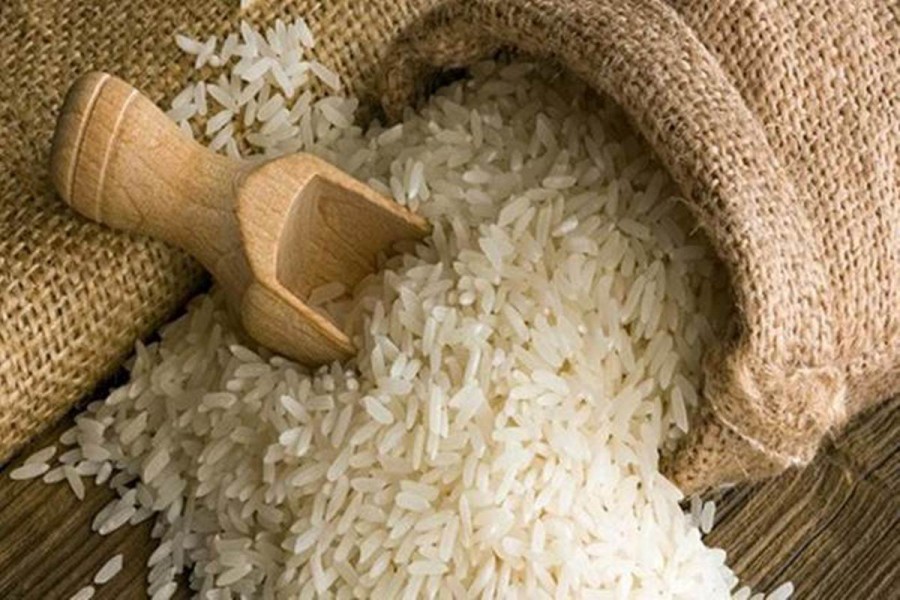The government's failure in domestic procurement, low public rice storage and hoarding by market players caused the surge in rice prices this financial year, a government study on Tuesday revealed.
The study also said government's failure in timely import as well as fear of production fall amid natural disasters also fueled up the price.
The observations were disclosed at the workshop organised by the Bangladesh Agricultural Research Council (BARC) at its auditorium.
The workshop was organised to disclose three different studies on reasons behind the price hike of rice, potato and onion in 2020.
Agriculture Minister Dr Muhammad Abdur Razzaque said a decline in public food storage was one of the key reasons behind the rice price hike.
He said government market intervention in a large scale could help keep rice market static.
He said production also declined in Aus and Aman season which also caused surge as millers took a conservative approach in releasing rice.
He said 0.65 million tonnes of paddy was purchased in Aman season by the government in 2019-20.
"But we can’t purchase paddy this Aman season amid higher prices of paddy at growers level," he said.
However, the study on rice price hike by the Bangladesh Rice Research Institute (BRRI) showed that hoarding increased in 2020 both by the millers and growers causing a hike in both rice and paddy prices.
It said 55 per cent of paddy was sold within a month of Aman harvest in FY'20 which was 62 per cent in FY'21.
The paper said fear of output fall amid flood and the pandemic also forced millers and seasonal traders to hoard rice and paddy in a large amount resulting in price hike, it said.
The study said government's inconsistency on data of output and availability of rice also caused problems.
However, another two studies on onion and potato also echoed that of the rice study.
BRRI study suggested making a 1.25 million tonnes of buffer stock of rice for timely market intervention.
However, government rice stock is now 0.54 million tonnes, according to the food ministry.
BRRI study said rice procurement should be 2.5 million tonnes or 10 per cent of the production in a season.
Agriculture Secretary Md Mesbahul Islam, BRAC Executive Chairman Dr Shaikh Mohammad Bokhtiar, former director general of Bangladesh Livestock Research Institute Dr Jahangir Alam Khan, Director General of Krishi Gobeshona Foundation (KGF) Dr Jiban Krishna Biswas, BRRI Director General Dr Shahjahan Kabir, also spoke, among others.


